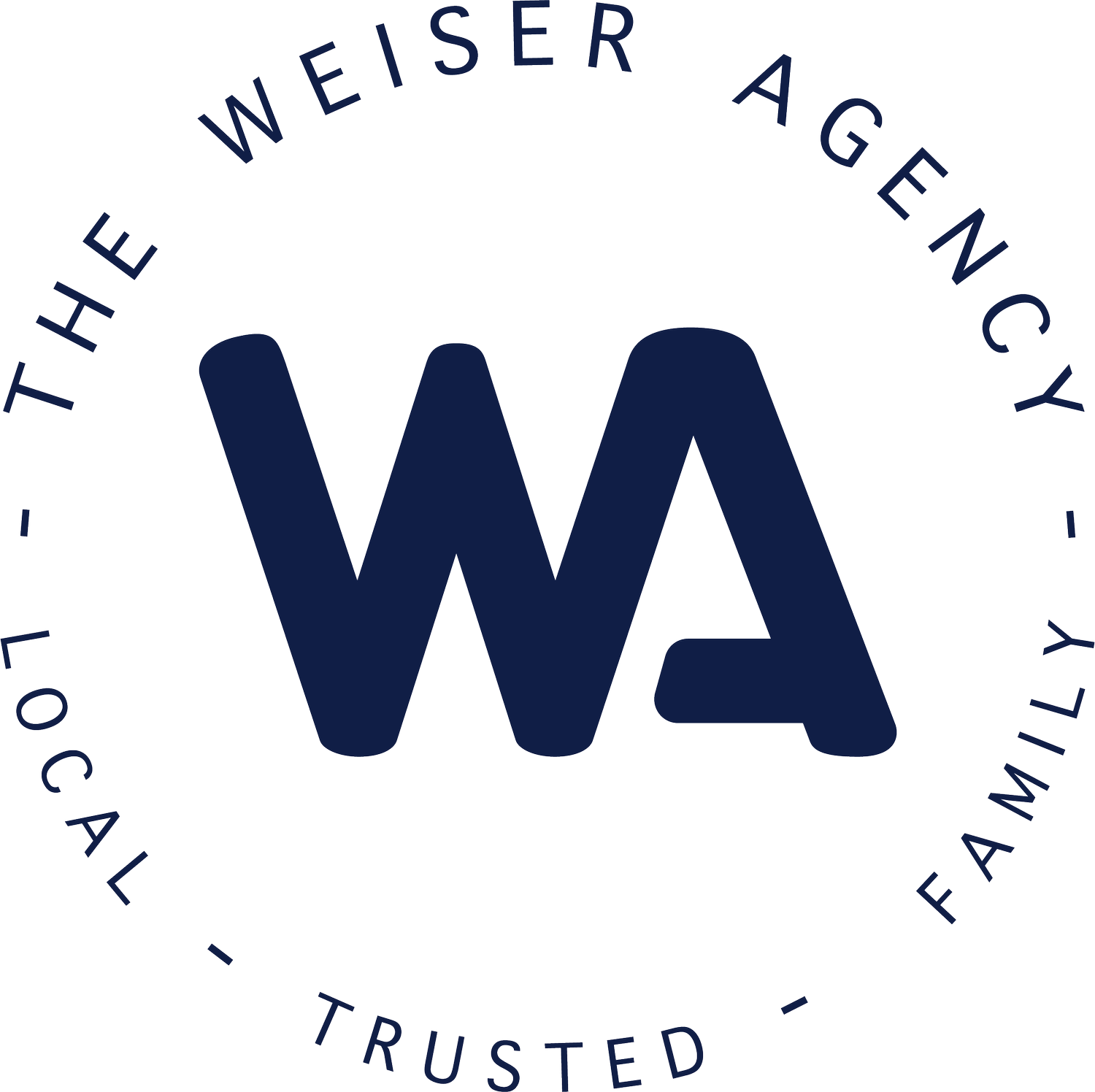Protecting Your Home from Water: What's Covered and What's Not When It Comes to Insurance
Homeownership comes with a sense of security and pride, but it also entails responsibilities, including safeguarding your investment against unforeseen events. One such potential threat is water damage, which can wreak havoc on your property and belongings. While home insurance is designed to provide financial protection in times of crisis, understanding the specifics of water damage coverage is essential to ensure you're adequately prepared for the unexpected.
1 | What’s Typically Covered in Home Insurance?
Home insurance typically covers a range of water-related incidents, offering homeowners a safety net in case of emergencies. These include:
Sudden and Accidental Water Damage: Damage caused by sudden and accidental incidents, such as burst pipes, overflowing appliances (like washing machines and dishwashers), and plumbing issues. If your home suffers water damage due to a covered event, your insurance policy may help cover the cost of repairs and replacements.
Storm-related Water Damage: In the unfortunate event of a severe storm causing roof leaks, most home insurance policies offer coverage for the resulting water damage. It's crucial to review your policy's terms to understand the extent of water coverage available through your home policy vs. a flood insurance policy.
Fire-related Water Damage: If your home experiences a fire that requires firefighting efforts, the resulting water damage may also be covered by your home insurance.
2 | What’s Not Covered in Home Insurance?
While home insurance provides valuable coverage, certain water damage scenarios are typically excluded from standard policies. These exclusions may include:
Gradual Damage: Home insurance is designed to address sudden and accidental incidents, so damage that occurs gradually over time, such as a slow plumbing leak, is usually not covered. Because mold damage tends to happen gradually over a longer period of time, insurance carriers usually limit the amount of protection available for mold remediation, if any. Regular maintenance and prompt repairs are essential to prevent such scenarios.
Flood Damage: Standard home insurance policies do not cover damage caused by flooding. If you live in an area prone to flooding, it's wise to consider purchasing a separate flood insurance policy through the National Flood Insurance Program (NFIP) or a private insurer.
Sewer Backup: Damage resulting from sewer or drain backups is often excluded from basic home insurance policies. To protect against this risk, homeowners can opt for additional coverage or a separate endorsement.
3 | Special Considerations
Your home insurance may offer the opportunity to include water damage endorsements or riders, supplementing your coverage to address specific situations like sewer backups or sump pump failures. Equally important as insurance is proactive prevention, underscored by regular upkeep of your plumbing, appliances, and roof, which serves as a pivotal defense against potential water-related issues.
In the unpredictable journey of homeownership, having a comprehensive understanding of your home insurance coverage is paramount. Water damage can strike unexpectedly, leaving a trail of destruction in its wake. By grasping the nuances of what's covered and what's not in your home insurance policy, you can make informed decisions to protect your home, belongings, and financial well-being. Remember, while insurance offers a safety net, proactive prevention and maintenance remain your first line of defense against the potential ravages of water damage.
Ready to make sure your home is well-protected? Reach out to the Weiser team today to review your policy and explore options for water damage coverage. Be proactive in taking the necessary steps to secure your home and peace of mind.




